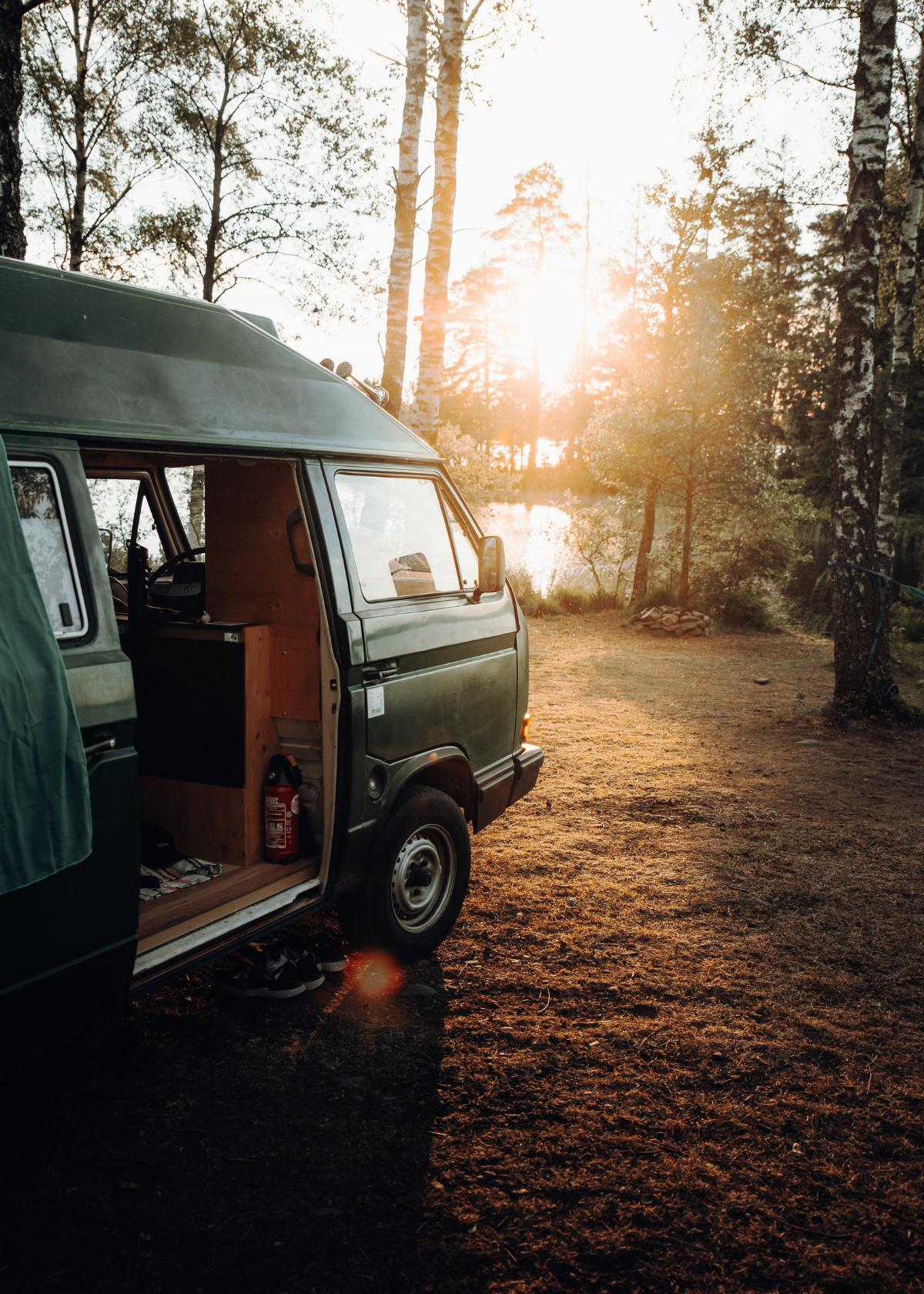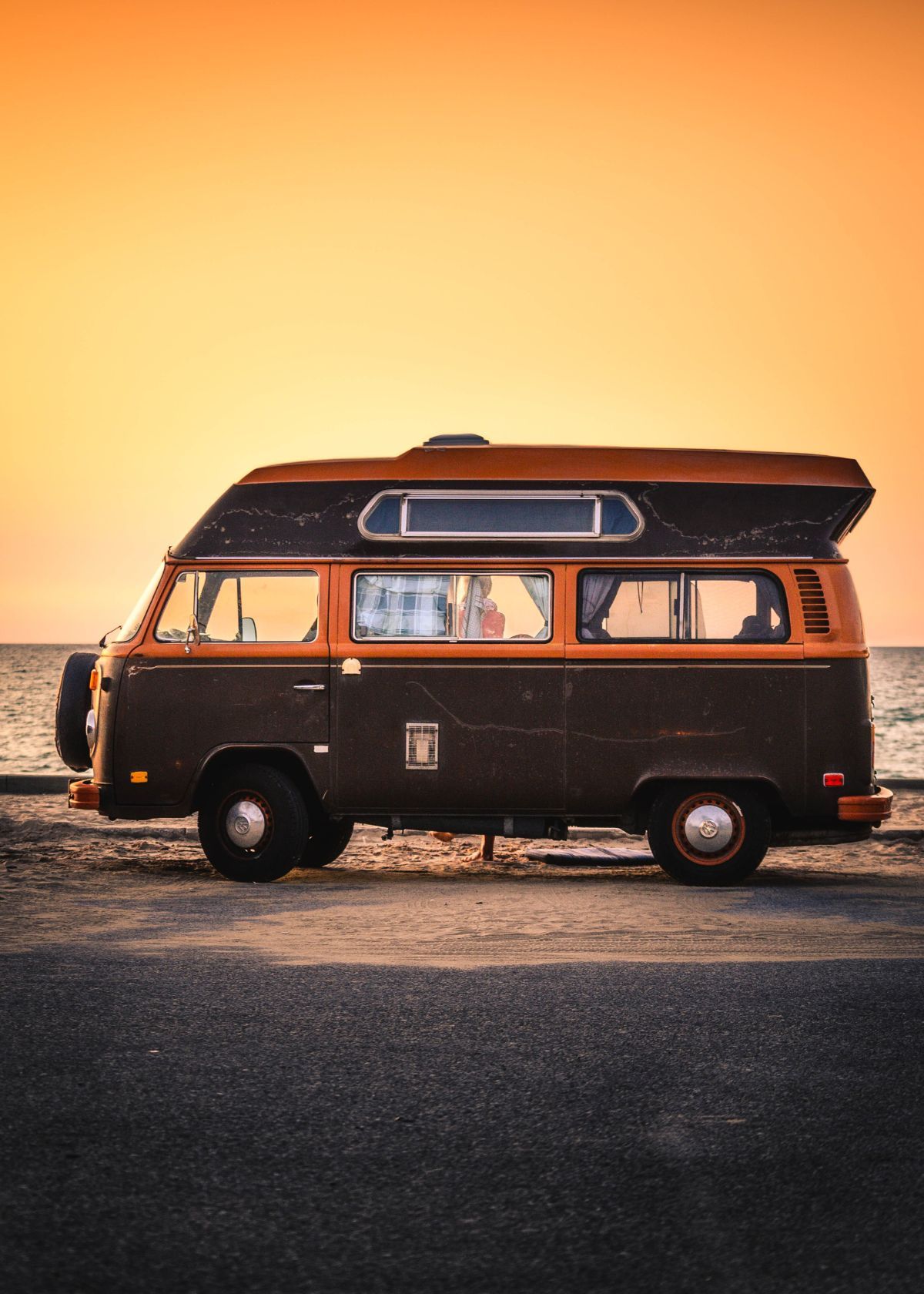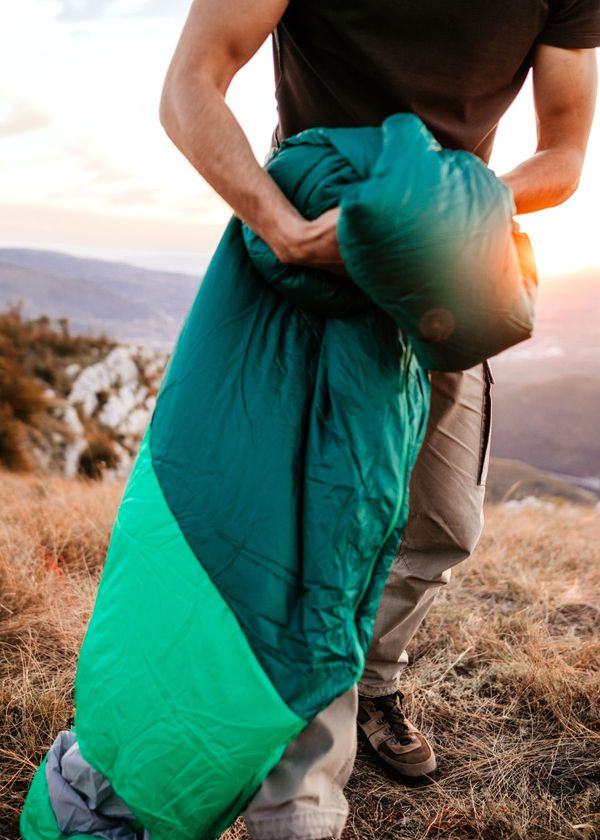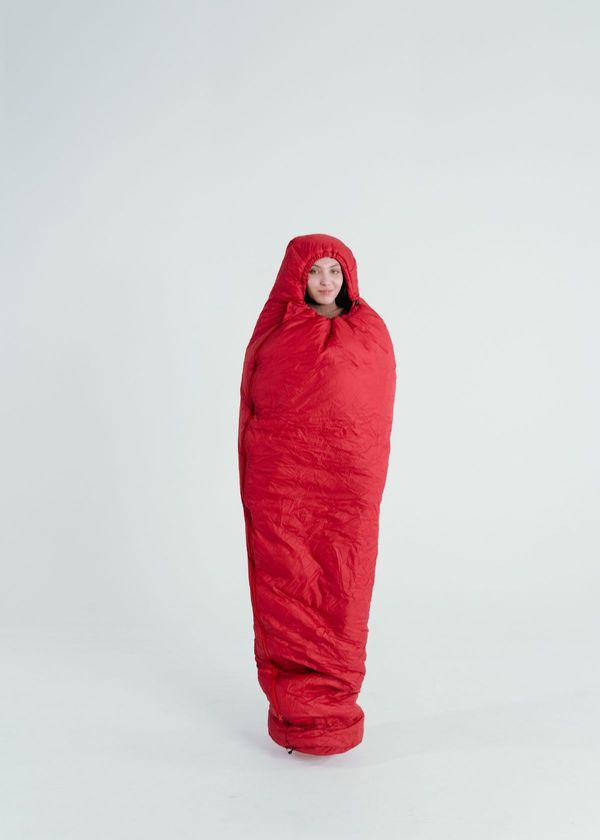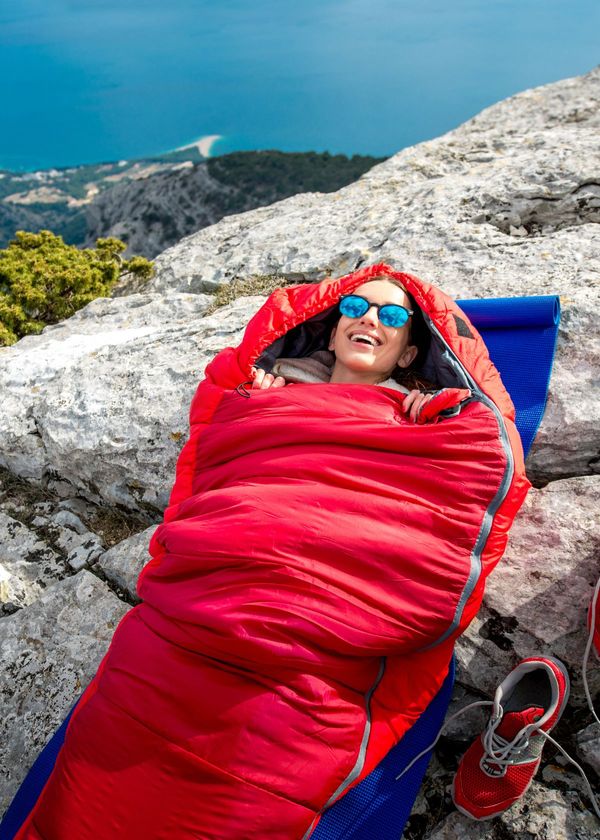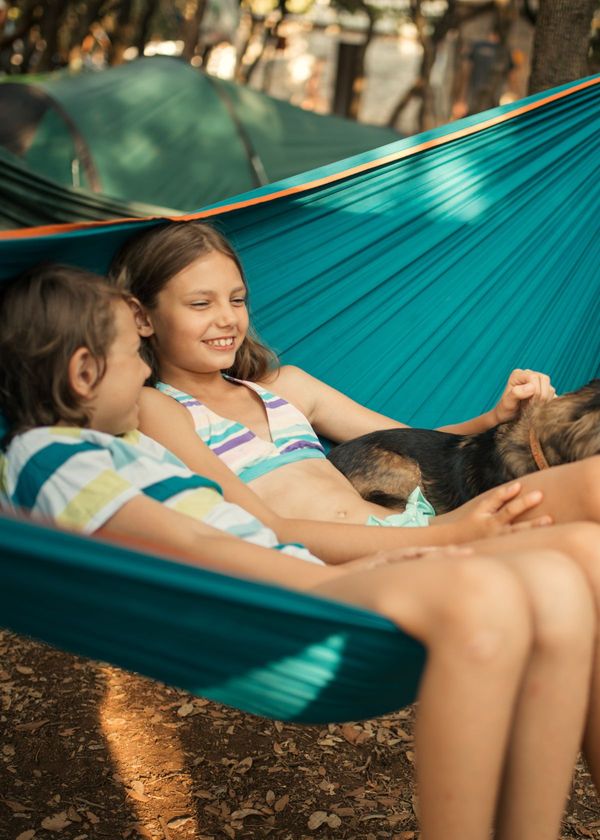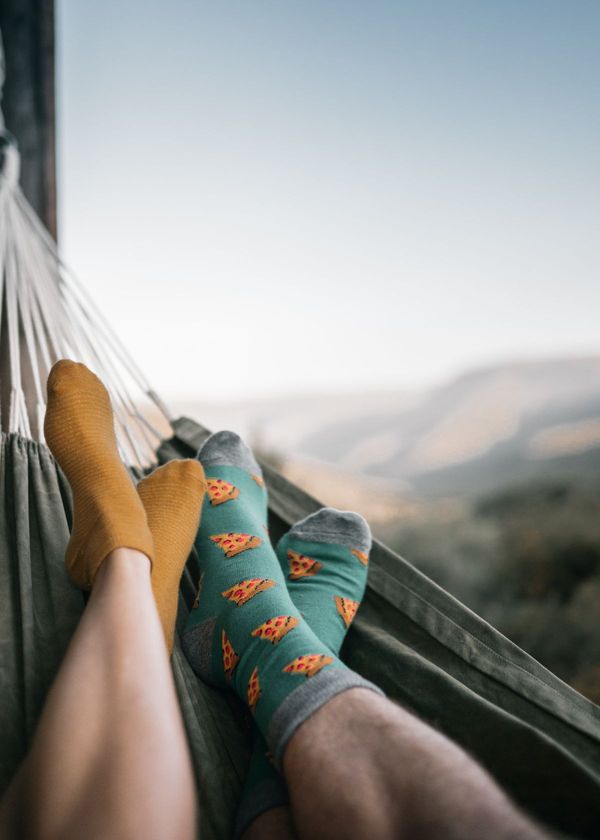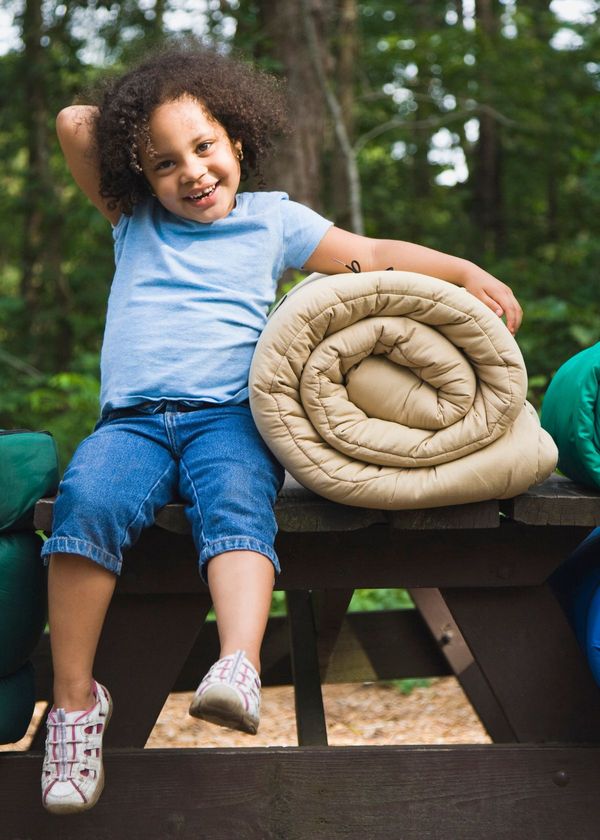Mice can be a frustrating problem when it comes to camping, as they can easily invade your camper and damage your belongings. They can chew on electrical wiring, insulation, food containers, and even your clothing.
However, the good news is that there are a variety of methods to keep mice out of your camper and prevent them from causing further damage. In this article, we will cover some effective methods to prevent mice from entering your camper and explain why these methods work.
By implementing these tips, you can enjoy your camping trips without worrying about mice ruining your equipment or spreading diseases. Whether you live in your camper full-time or only use it for occasional trips, these methods will help you keep mice out and keep your camper safe.
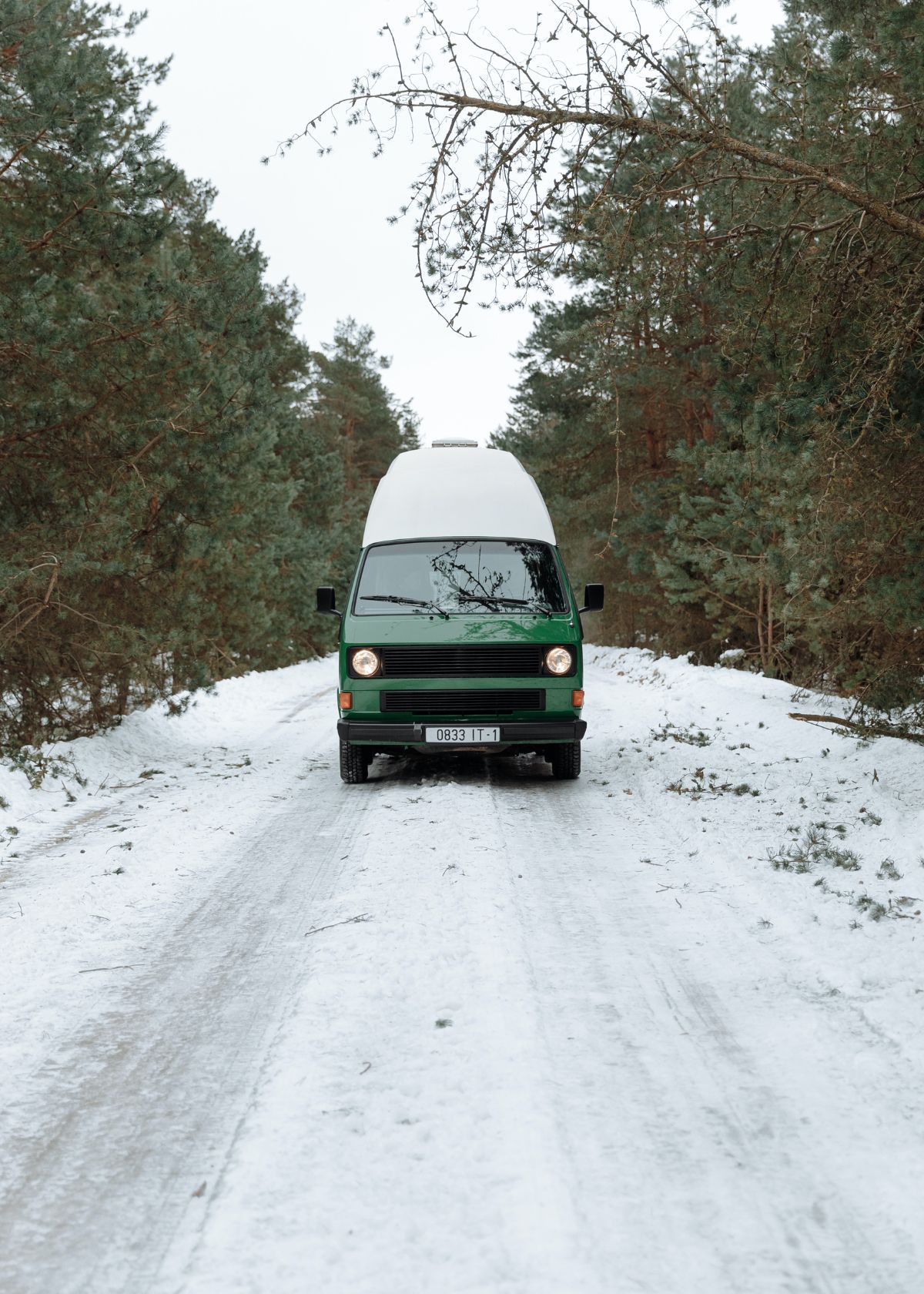
Ways to Catch the Mice
The best way to keep mice out of your camper is to prevent them from coming inside in the first place. You can do this by keeping food and garbage away from your camper and by sealing any cracks or holes that may be allowing them access.
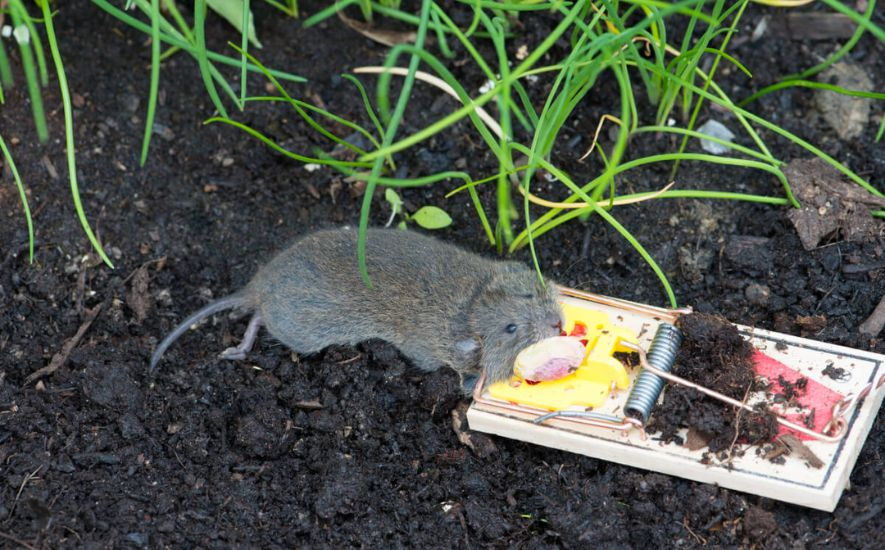
Use a Mouse Trap
Mice are very curious animals, so you can keep them out of your camper by using a mouse trap to catch them before they get inside.
These traps are available at most hardware stores and can be placed along any wall inside your camper where there is evidence of their presence (droppings, footprints). Once you've caught the mouse(s), dispose of it outside in an area without pets or children.
Snap Traps
A standard snap trap has a flat baseboard with two parallel grooves across its length. A metal bar runs through these grooves and has a sharpened end that sticks out slightly beyond the board's edge when set.
When triggered by an animal stepping on it or reaching for food set behind it, this bar snaps down on one side of an animal's neck or back and kills it instantly by breaking its spine or cutting off its air supply.
Seal Cracks and Holes in Your Camper Walls
One reason that mice like to come to campers is that they offer an ideal location for shelter during the day when they're not looking for food or water outside.
If you have any cracks or holes in your walls, seal them up with caulk or putty so that mice cannot get through them anymore. This will also help keep out other unwanted pests, such as spiders, by sealing off their entry points as well!
Use Pest Control Traps
Traps are another way to get rid of mice. You can buy traps at any hardware store or home improvement store, and they work well at catching mice before they get inside your camper.
Once you catch a mouse in one of these traps, dispose of it properly so other animals won't eat it and become sick due to any diseases the dead mouse may have passed.
Moth Balls
Mothballs are one of the oldest methods for keeping mice away from your camper. They work by emitting a scent that mice dislike. Moth balls can be placed around the entire camper or just in certain areas where you think the mice might be entering.
Use mouse-repellent products
You can use these products around the outside edges of your camper and inside near areas where mice like to hide out during the daytime hours.
These products contain ingredients that will repel mice from entering your camper through openings such as vents or doorways. They do not kill the mice but prevent them from entering your camper through these specific areas.
Mouse Traps and Glue boards
If you have an infestation of mice, then setting mouse traps and glue boards is an effective way to catch them before they cause too much damage to your camper.
You can find these products at hardware stores or online retailers like Amazon or eBay. You should also set traps near any holes in your camper where you think they may be entering from, like under doors or vents.
Dealing With Mice In RV
Mice are a common problem in RVs. They love to chew on things and make a home from the smallest crack or hole. While they don’t pose any health risks, mice can make a mess of your RV. They will eat anything they can, get their teeth on, and leave behind droppings and urine everywhere they go.
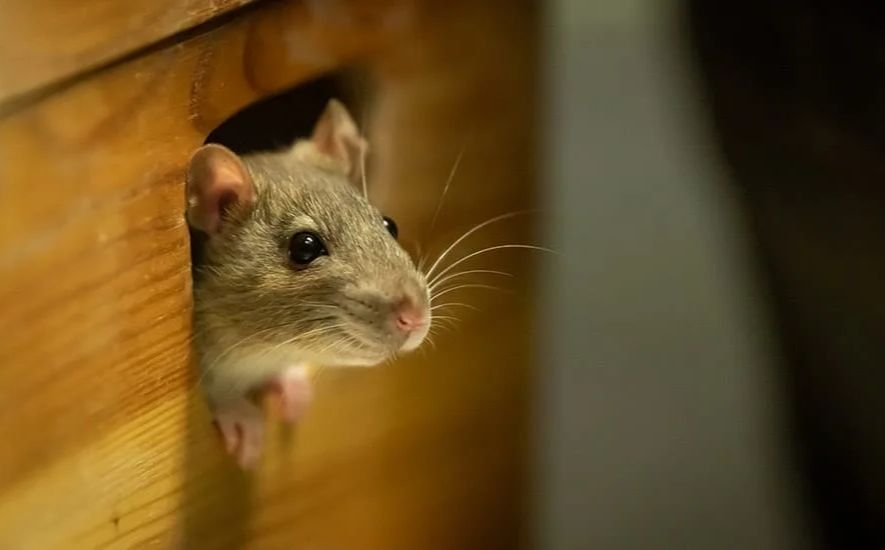
There are several ways to deal with mice inside an RV:
Keep food locked up at all times
This should be obvious, but it’s important to remember that mice can squeeze through small openings and large holes to get at food sources.
Keep food stored in airtight containers or bins that have lids on them at all times, especially if you have pets that like to eat out of bowls on the floor or near their bedding area.
Clean up after yourself
Mice love scraps of food that have fallen on the floor or countertop. You may not notice it until after you’ve left camp for a few days, but mice will take advantage of this little treat as soon as it’s uncovered!
Make sure to wipe down counters after every meal, sweep up crumbs daily, and store leftovers long-term in tightly sealed containers instead of leaving them at room temperature.
Repair any openings
Repair any openings that may allow mice into the RV. Inspect all areas around windows and doors for holes or cracks that could allow mice entry into your home. Fill these holes with caulking or cement so no more mice can enter them.
You should also check under appliances like stoves and refrigerators as well as under cabinets where pipes or wires could be hiding openings that would allow mice access.
Get rid of clutter
Clutter is a magnet for mice because it provides plenty of places to hide while searching for food or shelter from predators. Get rid of anything that doesn't belong inside your RV — like old newspapers, cardboard boxes, and other items you don't need — and keep things tidy at all times so there's less room for mice to hide!
Keep Your Garbage Cans Closed
Mice love garbage, so keeping your cans closed and cleaned out regularly will help keep them away from your camper or motorhome. Remember that mice can fit through a hole as small as 1/4" wide! You should also ensure that there are no holes in the bottom of your cans so that rats cannot enter through them.
Check for signs of infestation
If one mouse has made itself at home in your RV, there are probably more hiding somewhere else. Look for droppings, holes chewed through walls or cabinets, and other signs of infestation before acting against the first mouse.
If there are no other signs of infestation, you can trap the first mouse and set out traps for others who may come looking for food or shelter.
What to Do if Mice Enter Your RV
Mice or other rodents may get inside if you're traveling with your RV. Here are some tips on how to deal with the mouse problem.
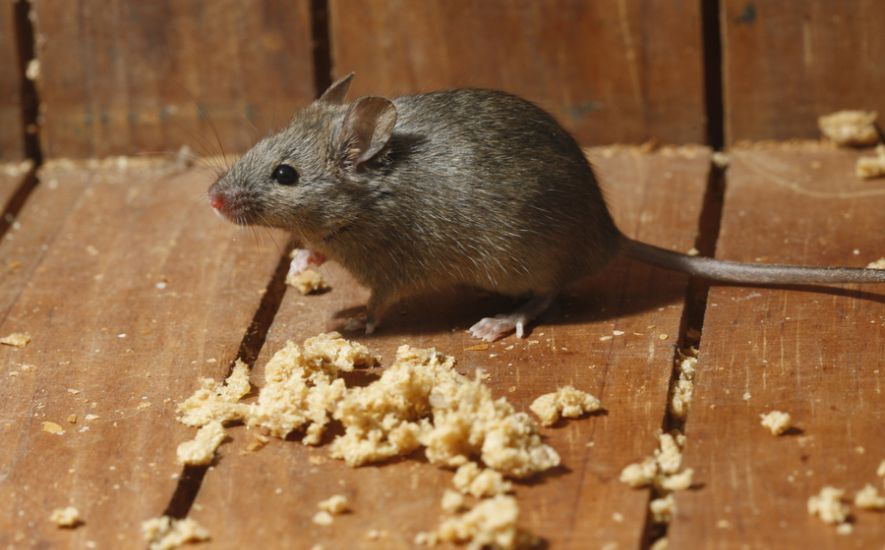
Place food in metal or plastic containers. Mice can chew through cardboard boxes, so store all food properly. If you don't have enough Tupperware, buy some and always keep it in the RV.
This will help prevent mice from entering your RV and chewing through the insulation or damaging wiring to get to the food supply inside your walls or under your flooring.
Keep trash cans away from walls and under cabinets. If you have a wood-burning stove, keep it clean of ashes so it doesn't attract rodents who like to burrow there for warmth during winter.
Check below your refrigerator for evidence of infestation by mice before storing it away for winter storage or when not in use for long periods.
Proper Care for Storing Your RV
If you are one of the many RV owners who store their RV during winter, it is important to know how to care for your rig properly.
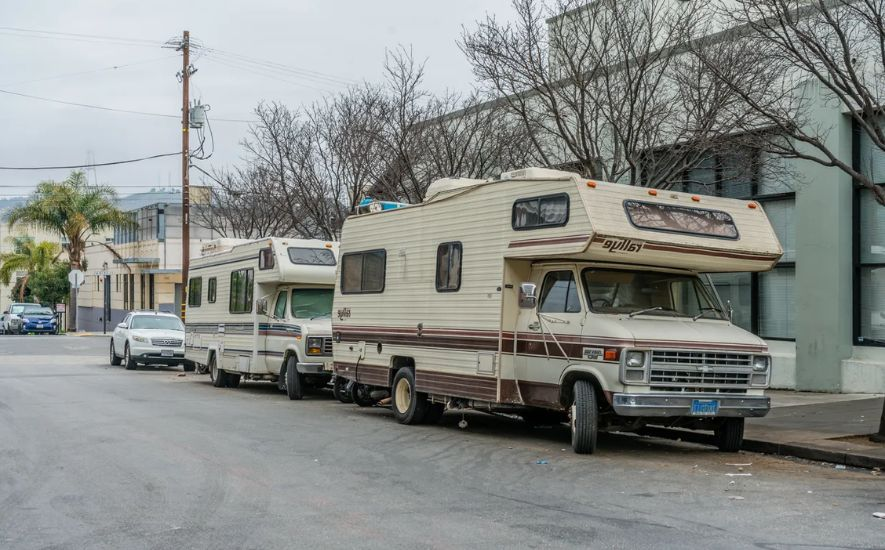
While storing an RV is not a difficult process, there are some things you can do to make sure that your RV stays in good condition and is ready for your next road trip.
Here are some tips from the experts at All Seasons Motor Homes to help you properly take care of your RV while it is in storage:
Check the Battery
You will want to make sure that you check the battery before putting your RV into storage. If there is no power from the battery, it will not start when you try to use it again.
The battery can lose its charge over time if it is not used regularly so be sure to use your RV often enough to avoid this.
Clean Your Engine Compartment
When storing your RV, you should always clean out the engine compartment as well as any other areas under the hood before putting it away for a long period.
This will ensure that nothing gets inside during storage and begins growing inside your engine compartment when you try to start up the engine again later on down the road.
Insulate Your RV
Insulation will protect your RV from the elements and prevent moisture damage. If possible, use a garage or shed with electricity and heat. Otherwise, choose a shaded location with good drainage. Cover the roof vents with aluminum foil or a commercial cover to avoid rain and snow.
Clean out everything!
One of the biggest mistakes people make when storing their RVs is not cleaning everything before putting them away for the season.
Even if you don't plan on using your trailer anytime soon, there are still plenty of things inside that need to be removed before storage so that mold doesn't start growing in hidden places like behind cabinets and under cushions.
Prepare your rig
Before you put away your RV, prepare it for storage by doing some basic cleaning and maintenance tasks. Check all fluids and tire pressures, and make sure all lights work properly.
Also, drain all water from toilets and sinks before packing up for the season. Remember that if any parts need fixing before storing them away, now is the time to take care of them!

How to Keep Mice Out of Camper FAQs
Mice are a common problem in campers and RVs. They can chew through the electrical wiring and ruin your food and day. The best way to keep mice out of your camper is to know what attracts mice and then take steps to prevent them from entering your vehicle.
Here are some of the most frequently asked questions about keeping mice out of campers:
Why do mice like campers?
Mice love campers because it provides shelter, warmth, and protection from predators. Campers have plenty of nooks and crannies where mice can hide, especially if they are made of wood.
The insulation in older RVs also makes a great place for mice to nest during cold weather months. The insulation provides warmth in winter months when temperatures drop below freezing outside.
In addition, many older RVs were built without sealed roofs or walls, so mice can get inside by climbing through open seams or holes in the wall or ceiling.
Is it possible to keep mice out of my camper?
Yes! While it’s not possible to keep all mice out of your RV, there are things you can do to ensure that they don’t make themselves at home in your beloved vehicle. Here are our top tips:
1. Make sure all food is stored properly and sealed tightly in plastic bags or containers so that they can’t get into it.
2. Clean up after yourself when cooking and eating meals inside the camper so that grease doesn’t build up on the stovetop or countertops, where mice might try to snack on it later on.
3. Get rid of any pet food left outside overnight and any trash that might be lying outside where animals can get into it easily (or better yet, store these items inside a secure bin).
What are some ways to keep mice out of my camper?
Keeping mice out of your camper is a pretty big deal. They can do a lot of damage if they get in, and they are hard to get out. Here are some things you can do to keep the mice away:
Spray foam
Spray foam is a great way to keep mice out of your camper. They can't chew through it, and it's easy to use. Plus, it's cheap!
Mouse deterrents
There are lots of different types of mouse deterrents on the market. Some work better than others, but most will keep them away from your camper for a while. They usually have to be replaced after a few months, so mixing them up occasionally is good.
Irish Spring soap
The smell of Irish Spring soap makes any mouse think twice about coming near your camper! Put some bars around the perimeter, and you should be good until the next time you need to replace them.
Steel wool
Steel wool makes for an effective barrier against mice getting into your camper! Simply lay it around your camper and seal off any holes or gaps that might be letting them get in in the first place!
Sticky traps
Sticky traps are a humane way to catch mice, but they can also be effective in preventing them from entering your camper. These traps feature a sticky surface that will trap any mouse that tries to cross it, allowing you to remove the animal safely.
Poison bait
Poison bait is another option for keeping mice out of your camper. There are many different types of poison on the market, which should be used according to the instructions provided by the manufacturer.
Some types of poison may be harmful to pets and children, so you must take precautions when using them around these animals or children who may come into contact with them accidentally.
Rodent infestation
If there is already an infestation of mice in your camper, then you will need to eliminate them before they can cause further damage or spread diseases throughout your home.
This means trapping all of the mice currently living inside your camper with sticky traps or poison bait and sealing up any holes where they may enter or exit your home.
How much does it cost to get a mouse in your camper?
A mouse can cost you thousands of dollars. They chew through wires, causing fires and electrical problems. They also leave mouse droppings that cause disease. If left unchecked, mice will multiply quickly and have the potential to destroy your entire camper.
Are mice common in campers?
Mice are common in campers, especially during the colder months. The first step to keeping mice out of your camper is to locate their entry points. Look for holes or gaps in walls, floors, and ceilings.
Once you've identified the places mice can get into your camper, use sealant or dryer sheets and metal screws to close these areas off. If this doesn't work, you may need to install an electric mouse trap. These will kill any mice that attempt to enter your camper through these areas.
Will lights keep mice away?
This is a common question, and the answer is yes. Lights will frighten mice away, but they need to be bright enough. Mice are nocturnal animals and are most active during the night. Therefore, you need to have lights that are bright enough to scare them off.
You can also use motion detectors to turn on lights when there is movement around your camper. This will keep the mice away at night as well as during the day when they hide in dark spaces.
Can I use moth balls inside my camper?
Moth balls are not recommended because they contain chloroform which can be harmful if inhaled over time or if ingested by pets or children who might play inside your camper trailer.
If you do choose to use moth cotton balls, place them in airtight containers so that you don’t risk exposing yourself or others to this toxic substance.
It is best to opt for natural repellents like peppermint oil or eucalyptus oil instead of using chemicals that could cause harm if misused or over time.
What keeps mice away while sleeping in the camper?
Mice are annoying and unsafe pests in your camper. They can damage your food, equipment, and furniture. Mice are also carriers of diseases that can spread to humans. If you have ever had the misfortune of being bitten by a mouse, then you know how painful and dangerous it can be.
Mice come out at night to look for food and water. They will eat anything they find, including cardboard boxes, clothes, shoes and even plastic bottles.
Mice love to chew on plastic bags because they taste good to them. If you have ever stepped on a piece of plastic at night while walking through your camper, then you probably heard the tiny squeak of a mouse inside the plastic bag.
Mice like to live in dark places where there is plenty of food and water nearby. They will often set up shop inside a camper that has been left vacant for several days because there is no need for them to move on when there is plenty of food still left behind from the previous owners!
Conclusion
After following the simple steps outlined above, keeping the mice away and feeling safe in your camper will be much easier. By keeping the camper clean, storing your food properly, and making sure they're not getting in through your windows or vents, you can prevent a mouse infestation from happening in your camper. Isn't it nice to feel safe?
I hope you've found this article helpful for your needs. If you have any additional information about keeping mice out of a camper or other methods you've found to deter them, please don't hesitate to share your tips and experiences below.
